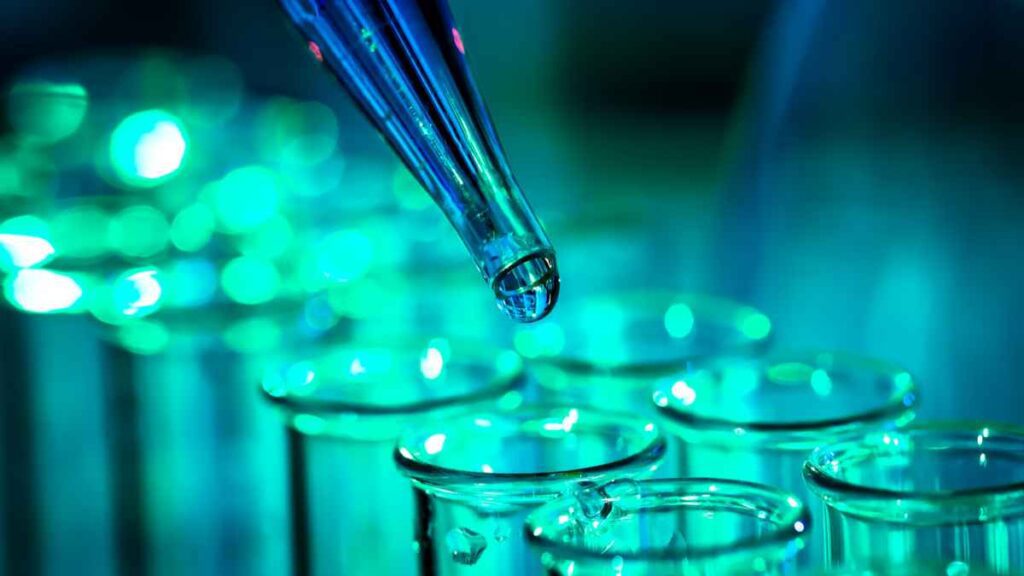
The merger between medicine and technology has been on the rise for quite some time, and exponential development in integrating the digital world with the medical one has grown on various frontiers. So, what is the difference between Biotech and Pharma?
Biotechnology companies focus on producing medicine originated from living organisms, while pharmaceutical medications are strictly induced from chemical properties.
Despite both obtaining medical functionalities, the differences between both concepts extend to a much deeper and sophisticated level that helped shape the world’s current scientific path.
So, what are the core distinctions between biotechnology and pharmaceutical?
Biotech vs Pharma
As odd as it may sound, the conceptualization of biotech technology is an ancient formulation adopted by humanity to breed animals and enhance their corps.
While in our modern-day, Biotech is strictly used for daily products such as alcoholic beverages, laundry detergent, and any product created of plastic, it holds deeper importance as it sets the main pillar for one of the leading tech industries in this era, the Biotech sector.
In contrast, pharmaceutical companies’ work mostly relies on research, development, and market medicine strictly made of produced chemical sources. Current pharmaceutical companies, such as Bayer AG, marked their name in the industry as some of the leading companies to produce medicine.
In parallel, pharmaceutical products take years of development based on research and development (R&D) stages, in addition, to obtaining the final approval by the Food and Drug Administration (FDA) before being released to the market.
So, as it shows, the fundamental variation between both technologies lies in the production of the product, as one relies on living organisms and the latter depends on artificial sources.
The concept of biotechnology vs pharmaceutical lies in the framework that originates the product.
By using living organisms to create products to solve problems, such as identifying and sourcing DNA, the industry reached higher horizons in continuing the evolvement of humanity. These technological leaps delivered pest-resistant crops, developed biofuels such as ethanol, and delivered gene cloning.
In the last couple of years, several pharmaceutical companies-initiated plans to acquire biotech firms, such as Johnson & Johnson’s $6.5 billion acquisition of biotech group Momenta Pharmaceuticals in 2020.
Such maneuvers set the stage for a future merger between both industries to create what is now known as biotech pharmaceuticals.
The current pharmaceutical biotechnology state is set to thrive in the upcoming decades, as it as in its past. Supported by the intensively developed bioprocess technology.
Bioprocess technology is a crucial element of biotechnology, dealing with procedures integrating all living matter or any of its element with nutrients to create specialty chemicals, reagents, and biotherapeutics, that sets the core of medical biotechnology.
Biotechnology medicine has significantly evolved in synchronization with the digital world. By using living cells and materials to conduct research and studies, then create pharmaceutical and diagnosing products. Biomedicine helped cure and prevent diseases, such as the Ebola vaccine and mapping human DNA, marking a giant leap in the medical field.
The biotech industry is endlessly changing and evolving, with the help of researchers and scientists navigating the field to have a heftier influence on medical progress in coherence with technology.